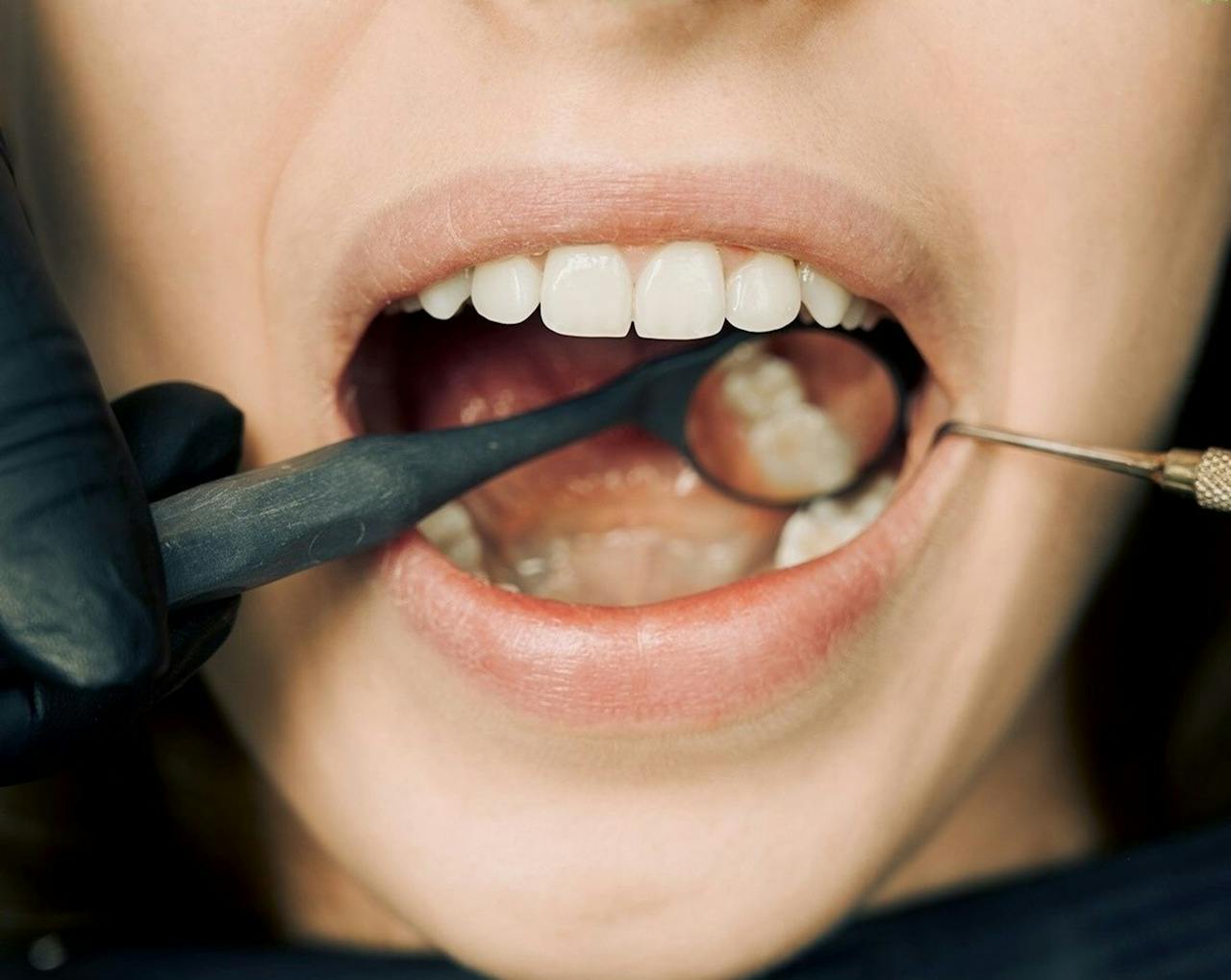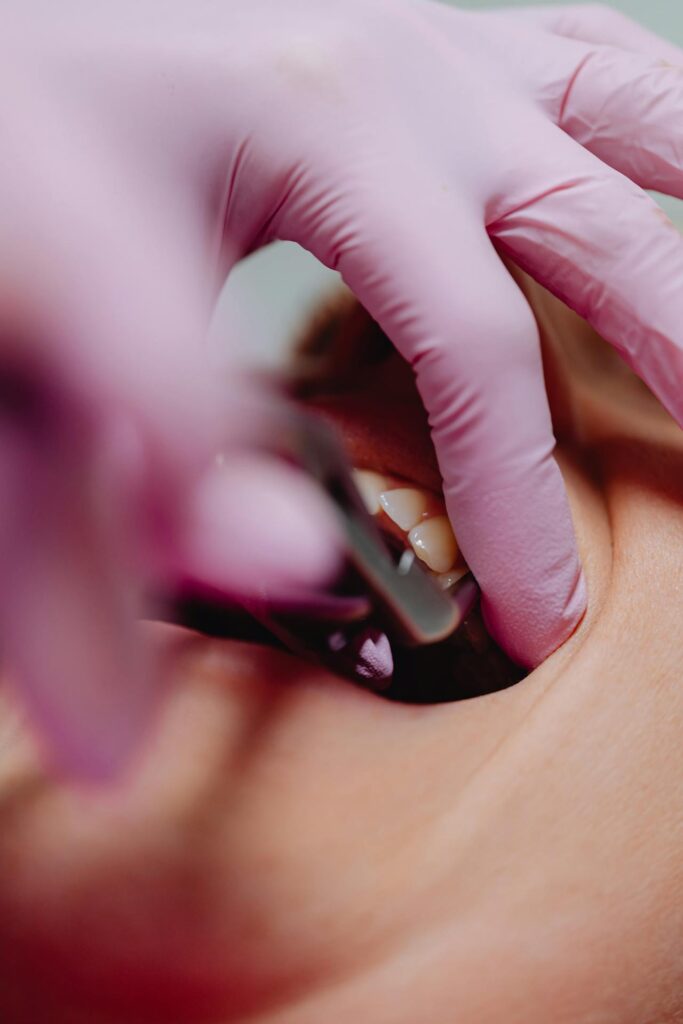Oral Well-Being: The Foundation for a Healthy Life
Supporting and maintaining excellent oral health are cornerstones of overall well-being. The health of our teeth, gums, and mouth impacts our physical appearance and confidence and our ability to eat, speak, and live comfortably. Here, we delve into actionable strategies and vital insights to support oral health effectively.
The Importance of Oral Hygiene for Systemic Health
Oral hygiene plays a pivotal role in preventing various systemic conditions. Studies have linked poor oral health to issues such as cardiovascular diseases, diabetes, and respiratory infections. Proper oral care helps reduce the risk of bacterial infections that can spread throughout the body.

Comprehensive Daily Oral Care Routine
A robust daily oral care routine is essential. Here is a breakdown of the most critical practices:
- Brushing Twice Daily
Use fluoride toothpaste and a soft-bristle toothbrush. Brush for at least two minutes, ensuring coverage of all tooth surfaces.
- Flossing Regularly
Floss daily to remove plaque and food particles trapped between teeth. This practice prevents cavities and gum disease in hard-to-reach areas.
- Using Mouthwash
Incorporate an antimicrobial or fluoride mouthwash to kill bacteria and strengthen enamel.
- Hydration and Diet
Drink water frequently to rinse away food debris and bacteria. Opt for a balanced diet rich in vitamins like calcium and vitamin D to support strong teeth and gums.

Recognizing and Preventing Common Oral Diseases
Understanding the signs of oral diseases can help in early detection and prevention.
Gum Disease (Periodontitis)
- Symptoms: Swollen, bleeding gums, bad breath, and loose teeth.
- Prevention: Practice diligent oral hygiene, attend regular dental check-ups, and avoid tobacco.
Tooth Decay
- Symptoms: Sensitivity, visible holes, or pain in teeth.
- Prevention: Limit sugar intake, and use fluoride toothpaste, and sealants if advised.
Oral Cancer
- Symptoms: Persistent sores, difficulty chewing, or unusual lumps.
- Prevention: Avoid smoking and alcohol, and include regular oral cancer screenings in your dental visits.
The Role of Professional Dental Care
Regular Check-Ups
Dentists provide professional cleanings and identify issues before they become severe. Aim for biannual visits.
Advanced Treatments
- Scaling and Polishing: Removes stubborn plaque and tartar.
- Sealants and Fillings: Protect vulnerable teeth and address minor cavities.
- Orthodontics and Periodontics: Improve alignment and address gum-related conditions.
Oral Health for Different Life Stages
Children
Early dental habits build a foundation for lifelong oral health. Encourage proper brushing techniques and ensure they avoid sugary snacks.
Adults
Focus on preserving teeth with a consistent oral care routine. Address any signs of gum disease or decay promptly.
Seniors
Aging increases the risk of oral issues like dry mouth and tooth loss. Regular dental care and maintaining hydration are crucial for older adults.
Overcoming Common Misconceptions About Oral Health
- Myth: Brushing harder cleans better.
Fact: Gentle brushing is more effective and prevents enamel erosion.
- Myth: Only sugary snacks harm teeth.
Fact: Acidic foods and drinks also erode enamel over time.
- Myth: Visiting the dentist is unnecessary without pain.
Fact: Regular check-ups prevent minor issues from escalating.
The Future of Oral Health: Innovations and Practices
Emerging technologies, like AI-powered diagnostics and biocompatible dental materials, promise a brighter future for oral care. Tele-dentistry also enables accessible dental consultations, making preventive care more convenient than ever.
Maintaining oral well-being is not merely about achieving a bright smile; it is an integral part of sustaining a healthy and fulfilling life. By adopting these practices, staying informed, and prioritizing regular professional care, we can ensure long-lasting oral health for ourselves and future generations.



